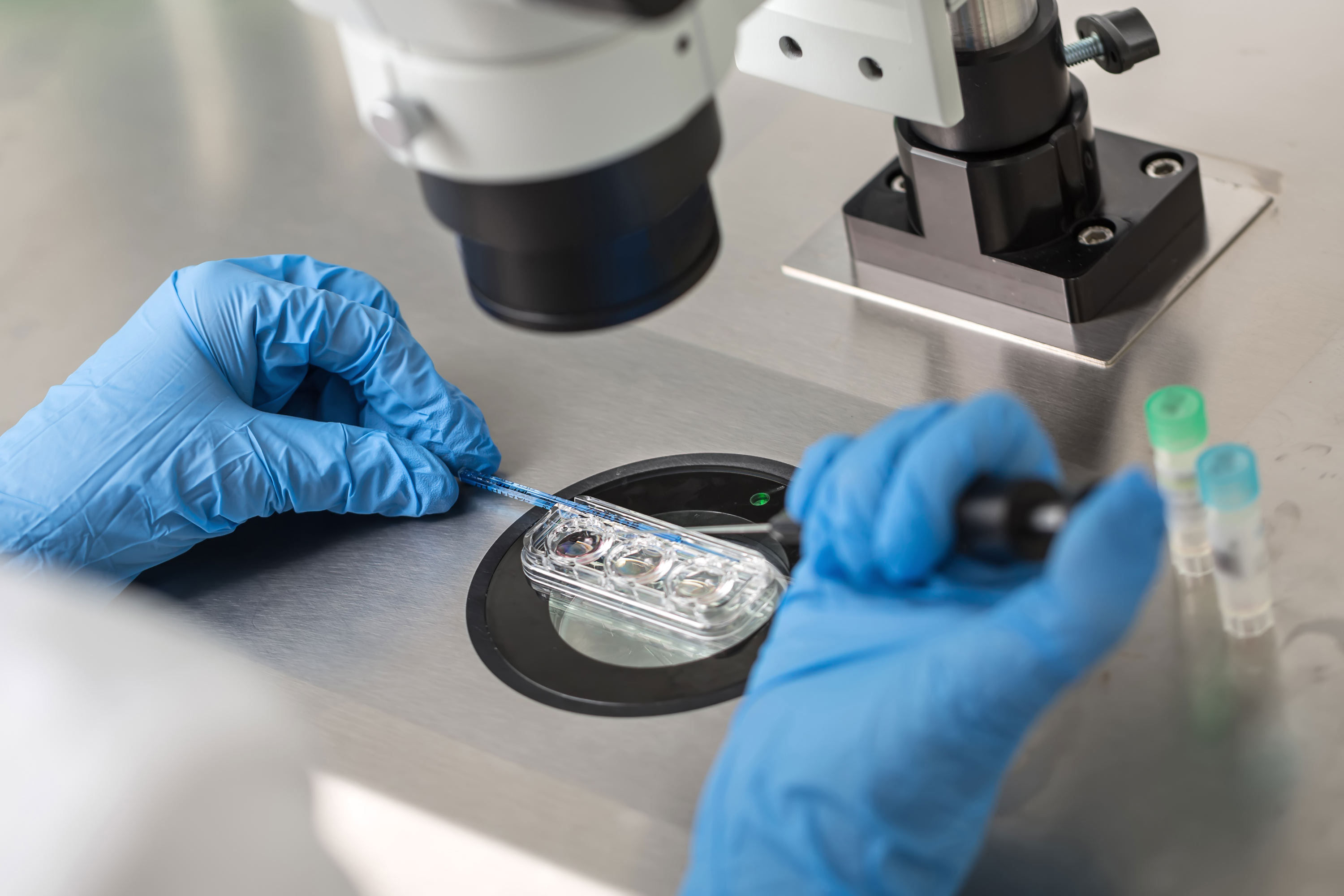This advanced technique allows individuals and couples to achieve pregnancy by using donated eggs when their own are not viable. Let’s delve into the essentials of IVF with egg donation, its potential benefits, and important considerations.
Understanding IVF with Egg Donation
IVF with egg donation is a fertility treatment where eggs from a donor are used to create embryos through fertilization in a laboratory. These embryos are then transferred into the recipient's uterus with the goal of achieving a successful pregnancy. This method is especially beneficial for women who cannot produce viable eggs due to age, medical conditions, or genetic factors, allowing them to experience pregnancy and childbirth.
Who Can Benefit from Egg Donation?
IVF with egg donation can be an effective solution for various groups:
- Older Women: As women age, the quality and quantity of their eggs diminish, making natural conception more difficult. Egg donation provides an opportunity for these women to achieve pregnancy.
- Women with Diminished Ovarian Reserve: Women who have low egg reserves due to medical conditions, treatments, or premature menopause can benefit from using donor eggs.
- Women with Genetic Disorders: Those who carry genetic conditions that could be passed to their offspring can use donor eggs to reduce the risk of hereditary diseases.
- Couples with Previous IVF Failures: For couples who have experienced multiple failed IVF attempts, egg donation can offer a higher chance of success.
- Same-Sex Male Couples: Egg donation, when combined with surrogacy, allows male couples to have a child who is biologically related to one partner.
The IVF with Egg Donation Procedure
The procedure for IVF with egg donation involves several critical steps:
- Choosing a Donor: The process begins with selecting a donor, who undergoes thorough medical, genetic, and psychological screening. Donors can be anonymous or known to the recipient, depending on the regulations and preferences.
- Donor Stimulation and Egg Retrieval: The donor undergoes hormone treatments to stimulate the production of multiple eggs. These eggs are then retrieved from the ovaries in a minor surgical procedure.
- Fertilization: The retrieved eggs are fertilized with sperm in a laboratory. The embryos are monitored to ensure their quality and development.
- Embryo Transfer: The best embryos are selected and transferred into the recipient's uterus, where they have the potential to implant and develop into a pregnancy.
Legal and Ethical Considerations
IVF with egg donation involves several legal and ethical issues:
- Anonymity and Disclosure: Regulations regarding donor anonymity vary. In some regions, donors’ identities remain confidential, while in others, recipients or the child may have access to this information.
- Parental Rights: The legal rights regarding the child are typically assigned to the recipient, with the donor relinquishing any claims.
- Ethical Concerns: Ethical considerations include the child’s right to know their genetic background, the implications of using donor eggs, and the potential commercialization of the donation process.
Success Rates and Potential Risks
IVF with egg donation https://ngc.clinic/en/our-services-en/egg-donation generally offers higher success rates compared to traditional IVF, especially for women with poor egg quality. However, there are risks involved, including the possibility of multiple pregnancies, health risks to the donor, and the emotional impact on both the donor and the recipient.
Conclusion
IVF with egg donation represents a significant advancement in fertility treatment, providing a valuable option for those facing infertility challenges. By using donor eggs, individuals and couples can achieve their dream of parenthood, even when traditional methods are not successful. Understanding the medical, legal, and ethical aspects of the process, and working with experienced fertility professionals, can help navigate this journey and enhance the likelihood of a successful outcome.



